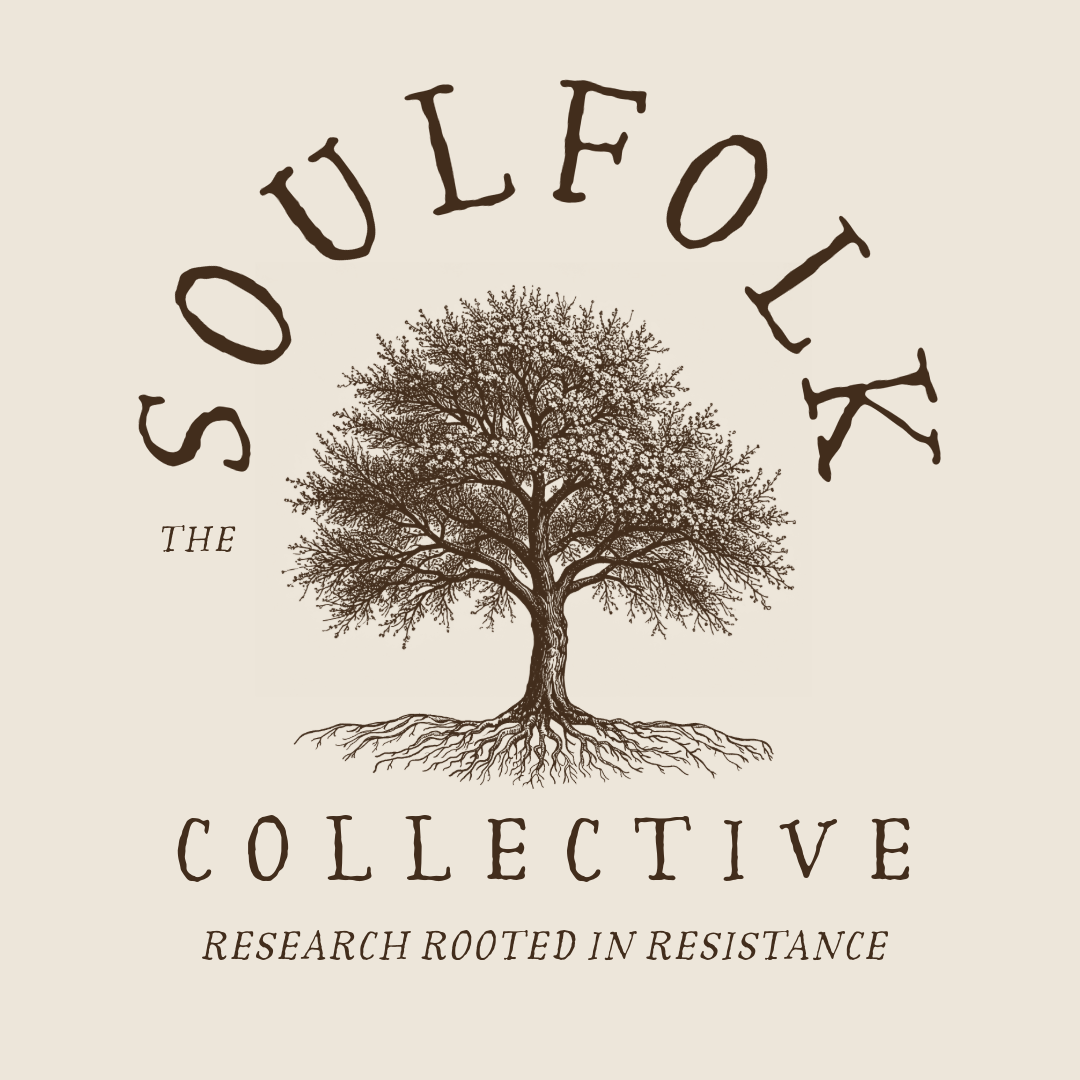Our current research project:
Building a Black Center: Geographies of Resistance and Liberation in a Capital City
Wisconsin consistently ranks among the worst states in the nation when it comes to racial disparities affecting Black residents. From high rates of unemployment and incarceration to profound gaps in educational outcomes, the challenges facing Black communities here are significant. To make matters worse, state-level policies have often limited efforts to address these inequalities. For example, the Wisconsin legislature tied public university pay raises to the defunding of Diversity, Equity, and Inclusion (DEI) programs. Meanwhile, Black students at the University of Wisconsin-Madison have made headlines for speaking out against racial hostility and calling for more Black-affirming academic spaces.
Amid this landscape, Reverend Dr. Alex Gee, a longtime Madison resident and community leader, has led the creation of The Center for Black Excellence and Culture (“The Center”). Opening debt-free in early winter 2026, The Center will be a 3 level 37,500 square foot facility designed by a Black architect. Located in the heart of South Madison, this cultural center will offer leadership development, wellness services, arts and education programming, and gathering spaces that center and celebrate Black Culture.
The SoulFolk Collective is partnering with The Center to understand what The Center means for Black Madison residents. In this community-engaged study, we are talking with Black residents to learn about their current experiences in the city, and their hopes and concerns for The Center. Residents can participate in a traditional sit-down interview or a go-along interview, where they drive SoulFolk members around the city to the places that are Black-affirming, sharing their stories along the way.
Our study explores:
What are the day-to-day experiences of Black people living in Madison today?
Where do Black culture and excellence already show up in Madison?
What do community members hope The Center will offer, and what challenges do they foresee?
This community-based research will serve as a starting point for a long-term study of how a Black-affirming space like The Center can impact outcomes like economic mobility, wellness, and education. Ultimately, we are interested in how the co-production of Black space can create real change in cities like Madison and beyond. This research is generously supported by UW-Madison’s Department of African American Studies, UW-Madison’s College of Letters and Science, and the Morgridge Center for Public Service.

